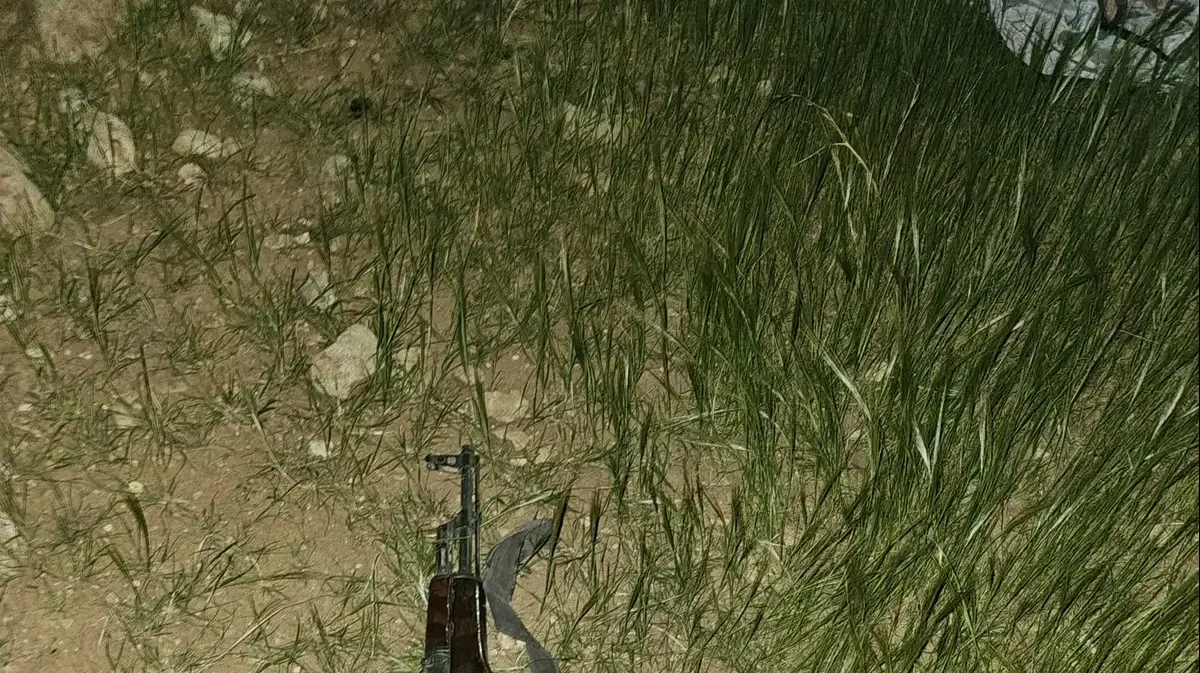Rafael Chirbes (1949-2015) liked the expression “biographical garbage”, a heap of vital waste destined to fill containers, be crushed in waste treatment plants, and then burn and go up in smoke.
But let us think that the ashes that come off with the “biographical” smoke are capable of fertilizing the earth again, converting the deposits of pleasure and pain that initially generated it into renewed energy.
Still under the impression of reading the second installment of his
Diaries
, referring to 2005 and 2006, I wonder if the notebooks left by the Valencian writer when he died, at the age of 66, and written in the light of his travels, his readings and, above all, his states of mind, but conceived in a beginning as a vital outlet, they are not also the ashes that remained from those existential debris.
More than enough material to understand and share the shudder that Chirbes felt at living, an effort that has rarely been seen, within Spanish culture, so painfully exposed.
More information
Chirbes against Chirbes (and against everyone)
The first installment of his
Diaries
(Anagram, 2021) was a revelation.
We knew nothing, in general, of Chirbes's diaristic writing, carried out as a need to give vent to his "suffering alone" for very varied reasons that he was already reeling off in the first published notebooks and in which he now delves deeply. new.
Unexpectedly, we entered the intimacy of a reserved, almost hermetic, nervous, cultured and hypersensitive novelist who in this volume defends himself from his conscience of decrepitude -he is 57 years old- with the intimate bewilderment at the future he must face: "That's how much I do, how much I have to do: think selfishly of myself, of my own suffering”.
The comment comes, at the beginning of the book, from a doubt about whether he should change his house, his life, surround himself with other things, perhaps surround himself with a more perfect solitude than the one he has.
He lives in Beniarbeig (Alicante) in a house with an orchard and some animals, and where he would die in August 2015 of lung cancer.
He lives relatively alone (Paco is an employee closely linked to the writer and it is a name that appears in his notebooks with some regularity, always with concern).
He has chosen to give up his collaborations in the gastronomic magazine
Sobremesa
and focus on carrying out a novel with which he still feels very dissatisfied (it will be
Crematorium
, his greatest narrative success).
He reads voraciously and pours into the mute communication that his notebooks provide him with the reflections that reading and the life that comes his way contribute to him: "(From) these notebooks what I do is excluded (only what is recorded is reading and suffering at alone);
my relations with the outside are excluded, where I go, with whom and what I talk about;
the news that I find out.
None of that has its place here, which makes what I write more like (…) the hunt for smoke”.
This is not true at all and the leaks of what he considers excluded are frequent, with entries, such as the one on May 9, 2006, overwhelming.
In any case, a dimension that is usually cumbersome in many newspapers —the impressions of the books read— reaches an extraordinary interest in the author of
Lost
Times .
All the readings, criticisms and admiration of him are of a great density and by themselves they would justify this volume (and the previous one) because they reveal an author who accumulates knowledge and independence of criteria.
If in the previous volume his idol was Hermann Broch (
The Death of Virgil
), who by the way died at almost the same age, in the present volume Virgil continues as his classic reference author, but also many other books and writers, and their comments run parallel to his essays on literary criticism (
The perplexed novelist
and, above all,
On own account
).
He is especially fascinated by the styles of Marguerite Yourcenar and Ernst Jünger, and there is no lack of sharp analysis, for example the one he makes by Juan Goytisolo already underlined on the back cover of the book.
Special mention deserves the issue of editing.
It remains a mystery.
We do not know anything about whether it is a complete version of the newspapers that are published or a selection, where the notebooks begin and end and who proceeds to transcribe them, if necessary, since Chirbes makes frequent references to his handwriting. .
At a certain moment (entry of August 12, 2006) the author mentions that he is passing the annotations “clearly” on his computer, as if he were aware of his literary importance, denied, however, by some entries behind.
And the fact is that, aware of the progress of his disease, he did not destroy those notebooks as he apparently did with other writings before he died.
A last email sent to Anagrama in the middle of August 2015 about the need to talk to the publisher "seriously" about a project he had in hand remained unanswered.
The edition of these newspapers that we now read?
It is more than likely, since he had already published some advances, as Fernando Valls collects in his prologue to the first volume.
In any case, it is to be expected that, given that the death of the writer makes it impossible to endorse his writing, future editions will include a note to the edition explaining the details of it and the conditions in which it was recovered.
Jünger judged that there are cliffs whose breakers make us run aground and then get us back afloat.
In the life of Chirbes and around the years reflected in his diaries up to now, this is the dominant impression: stranded by depressive currents, bordering on catastrophe, the writer decides to throw overboard the superfluous ballast and collects himself. decides to leave a lucid and implacable existential testimony.
Much more than smoke.
Find it in your bookstore
You can follow BABELIA on
and
, or sign up here to receive
our weekly newsletter
.
Subscribe to continue reading
Read without limits
Keep reading
I'm already a subscriber

/cloudfront-eu-central-1.images.arcpublishing.com/prisa/VZL2YZP5KZHSHD2IOS6FNKAATY.JPG)







